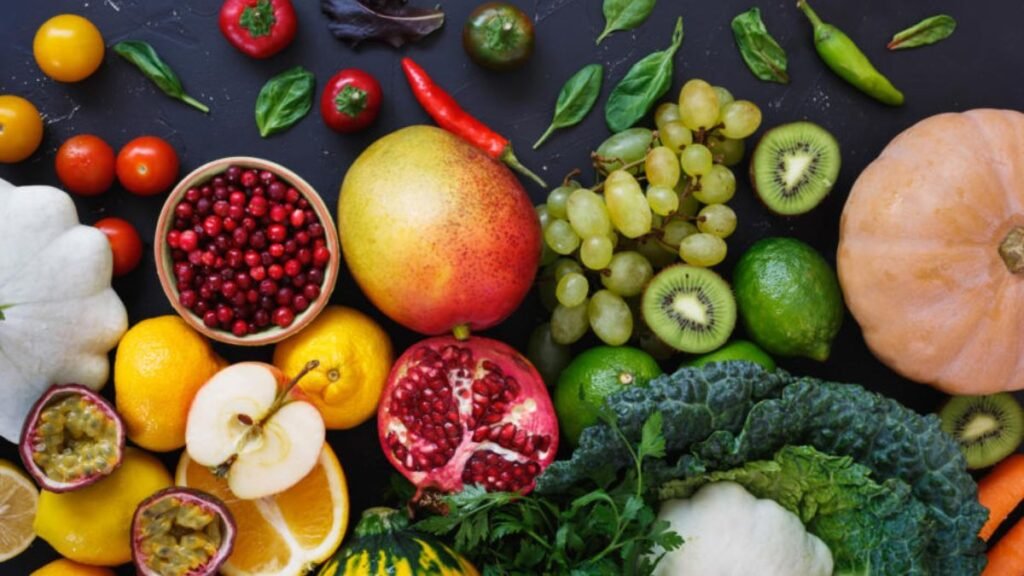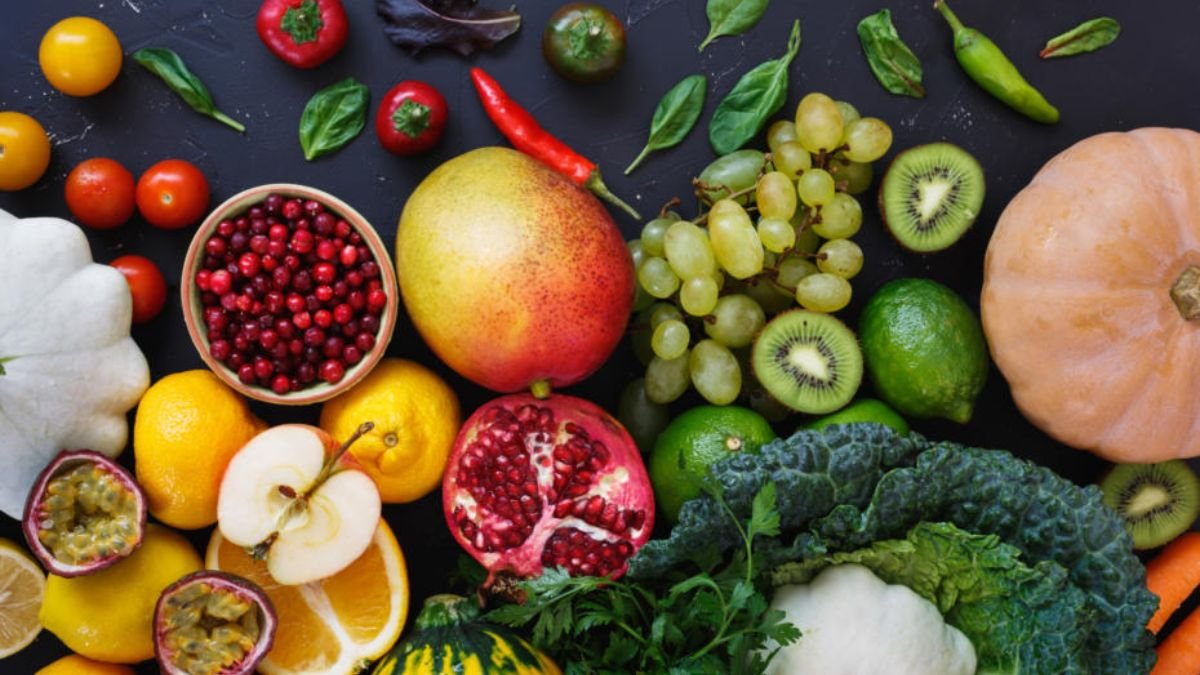10 Amazing Benefits of Eating Seasonally
Seasonal eating is the practice of eating foods that are harvested during the current season. It’s a way of eating that honors the natural rhythms of nature. We often think of seasonal eating as being limited to fruits and vegetables, but it can also include meats, dairy products, grains, and other foods that are harvested during a certain time of year. Seasonal eating is an important part of sustainable living and can help us to connect more deeply with the land and the environment.

Eating seasonally has become increasingly popular in recent years, with more and more people becoming aware of the benefits of adding seasonal produce to their diets. Eating seasonally has numerous benefits that range from environmental to personal health. Here are 10 benefits of eating seasonally that make it a beneficial practice for anyone looking to improve their diet and overall health.
- Seasonal produce is fresher and more nutritious: Seasonal fruits and vegetables have a much shorter time between being harvested and arriving in the store, meaning they’re fresher and contain more vitamins and minerals than produce that has been stored for long periods of time.
- Eating seasonally can help reduce food waste: By eating produce when it’s in season, you’re likely to get the most out of it, since it’s at its peak in terms of flavor and nutrition. This reduces the amount of food that goes to waste by being thrown away due to spoilage.
- Seasonal produce is more affordable: Eating seasonally means you’re buying produce when it’s in abundance and thus more affordable. This can help you save money on your grocery bill and get more bang for your buck.
- Eating seasonally helps you to try new things: When you’re buying produce that’s in season, you’re likely to be more open to trying new fruits and vegetables that you may not have had before. This can help to expand your culinary horizons and teach you some new cooking techniques.
- Seasonal produce tastes better: Seasonal produce is picked at its peak, meaning it’s bursting with flavor. This makes it more enjoyable to eat and can even help you to appreciate the subtle differences in flavor between different varieties of the same fruit or vegetable.
- Eating seasonally can help support your local economy: By choosing to buy local produce, you’re helping to support local farmers who are producing the food you’re eating. This can help to stimulate the local economy and create jobs.
- Eating seasonally can help reduce your carbon footprint: Eating seasonally means you’re not buying produce that has been transported over large distances, thus reducing the amount of fuel used in the process and helping to reduce your carbon footprint.
- Eating seasonally can help you to eat more healthily: Eating seasonally can help to ensure that you’re getting the maximum nutritional benefit from the food you’re eating. You’re also more likely to get a wider variety of vitamins and minerals from the different types of produce that will be in season throughout the year.
- Eating seasonally can help to reduce food miles: By choosing locally produced fruits and vegetables, you’re reducing the amount of food miles, meaning fewer resources are being used to transport the food to you.
- Eating seasonally can help support biodiversity: By choosing to eat seasonally, you’re helping to ensure that farmers are growing a wide variety of crops. This helps to preserve biodiversity and ensures that the soil remains healthy and fertile.
Eating seasonally is becoming an increasingly popular practice, and for good reason. It has numerous benefits, from environmental to personal health. By eating seasonally, you’re getting fresher, more nutritious produce, reducing food waste, and helping to support your local economy. It’s also a great way to try new things and explore the subtle differences in flavor between different varieties of the same fruit or vegetable. So next time you’re at the grocery store or farmers market, try to buy produce that’s in season and reap the benefits of eating seasonally.

